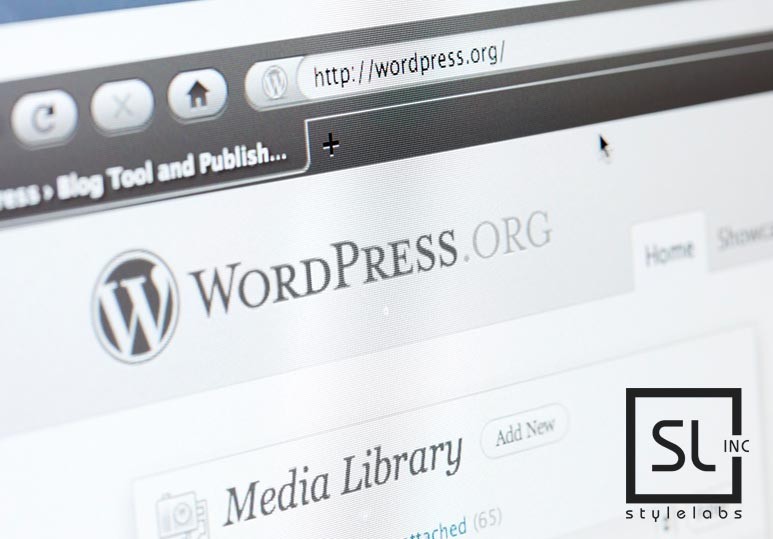First of all, here is the timeline:
- News broke in early 2018 that Google was going to be using mobile page speed as a ranking.
- In a Q&A session, a Google spokesperson, noted that this would only affect a small number of websites.
- In early June, John Mueller, Google's Senior Webmaster Trends Analyst, noted that the current desktop speed ranking factor “only looks to see if a page is super slow and he mentioned minutes or so to load”, but that the July Mobile Speed update would be “a little bit more differentiated.”
- In the same Webmaster Hangout session, it was also mentioned that Google would be using not only Googlebot but customer data to determine page speed.
- As of June 1st, Google’s Gary Illyes noted that this was still in the planning phase.
- In July, Search Engine Land reached out to Google to clarify the difference between Google’s original announcement that it will only affect a few sites and Mueller’s more recent assertions about it working on a more gradual level.
- Google clarified that if sites are already reasonably fast, tweaking them won’t change anything, but if your speed is slow, incremental and large changes can give yours site corresponding ranking boosts.
- Sources noted that Google has rolled out the update to all users on July 9th.
What Is Page Speed?
Pate speed is a measurement of how long it takes for your page’s content to load. This measurement can be done for both desktop and mobile pages.
What Is A Ranking Factor?
A ranking factor is one of the relevant signals that the Google algorithm uses to rank websites.
Want to know more?
WEB DESIGN CALGARY CALGARY WEB DEVELOPMENT
Frequently Asked Questions About The Mobile Speed Update
Will A Slow Mobile Site Result In A Significant Drop In Rankings?
In Q&A sessions, Google has noted that this update will have a greatest negative effect on sites with the slowest user experience compared to their competition. Speed is one of many ranking factors, so it’s unlikely that it will result in a precipitous drop in your rankings. Google also noted that that pages with relevant content may still rank well even if they have a lower speed.
However, these comforting caveats shouldn’t deter business owners from seeking sites that are as fast as possible, because of their impact on user experience.
Additionally, business.com suggested that if mobile site speed were to ever be made part of the Quality Score, sites would be impacted in that way as well.
What About Desktop? Is Speed A Ranking Factor?
Desktop page speed has been a ranking factor for almost a decade now. In fact, prior to the implementation of mobile speed rankings, desktop sites were used for the “speed” ranking even for mobile pages, so if you had a slow mobile page but a quick desktop page, your ranking factors may not have been affected by this slow page.
Do I Need To Use AMP To Make My Mobile Site Faster?
An AMP is an accelerated mobile page that is designed, as Moz puts it, “to be super lightweight”. It uses a stripped-down version of HTML, as well as a streamlined version of CSS and very little Javascript, while also leveraging caching.
For this particular update, it doesn’t matter which technology is used to build your pages, so AMP is not mandatory.
However, there ARE other areas where AMP may be beneficial. For example, in February 2016, Google started highlighting AMP results in search results, and gave AMP pages a more prominent place in Google News.
Is This Change Related To Google’s Mobile-First Index?
This change is separate from Mobile-First indexing, however, both updates are similar in that they are geared towards providing mobile users with a more effective browsing experience.
The Mobile-First index was focused on making sure that mobile and desktop websites matched each other, and indexing mobile sites rather than desktop ones.
What Are The Practical Benefits Of A Mobile Site?
While many people are spurred to improve their websites based on news of an Algo update, we think it’s important to think not just of the way changes will boost your rankings or allow you to check off a box, but how they aid your customers. After all, most algorithm updates are created not arbitrarily, but with user experience in mind. In some ways, if you’re scrambling to make huge changes every update, you may not be thinking proactively!
For example, this February, Google suggested that the reason mobile conversions still lag behind desktop is that customers switch to their desktop to finalize transactions after becoming frustrated with the poor mobile UX. Faster, streamlined pages are a great way to enhance UX.
Fast-loading mobile pages bring benefits because:
- The ability to self-serve online limits the number of people who need to call your company, thereby reducing your operating costs.
- In today’s world, Canadians expect a quick and streamlined experience. If a page takes too long to load, customers will go elsewhere.
- It takes on average, over 15 seconds to load a mobile page.
- A ONE-SECOND delay in mobile load times on shopping sites can impact conversions by up to 20%!
Accelerate Your Site Today!
If you’re managing your own website, making the necessary changes to your mobile site can be both time-consuming and daunting, and that’s where an agency can come in. Whether you’re looking for assistance in a few key areas or are seeking full-on managed services like blogging, reputation management, and social media work, we’ve got you covered.
To find out more, visit our Calgary office at 622-5th Avenue SW, Unit 222. Alternatively, you can contact us at (587) 880-3358 or fill in our online contact form.
Call Us Today! Web Design Calgary
Sources:



